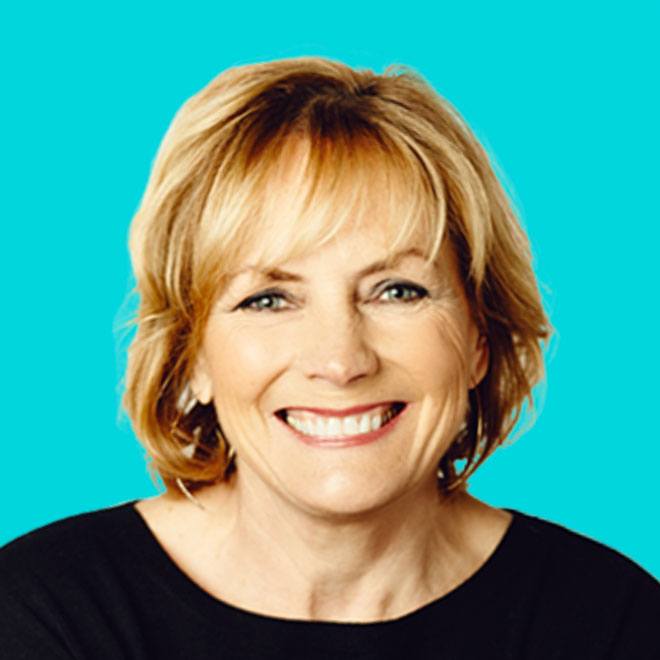I’ve watched parents raise children for 30 years (and raised four of my own), so I know how challenging it can be. But every few years in my pediatrics practice, I find myself engulfed in an ethical dilemma with a patient.
I’d like to bring you behind my office doors to share what it’s like for those of us who wrestle with ethical issues — at the same time as we treat very tough problems such as chronic pain. If we physicians make the wrong choice, we risk allowing one person to become addicted to opioid use, the opposite of what we seek to do. The wrong choice means we might fail to relieve an innocent person of terrible pain.
The type of injury the boy had was not precipitated by child abuse.
Most physicians don’t dispense medicines or medical advice flippantly, of course. We try hard to seriously weigh the consequences of what we are giving and saying to our patients — as I did with a patient I’ll call Stephen Jones (not his real name) from some years back.
When Stephen came into my office for his five-year-old check up, I noticed he had a very rapid heart rate. I queried his mother about medications and symptoms related to illnesses that would cause a high heart rate. We found nothing. Several days later, the boy returned with his mother with an intense headache and some peculiar facial movements that caused me to suspect a bleed in his head. Immediately I sent him to a larger medical center for treatment.
While Stephen was hospitalized, I received a call from a young doctor in training who began asking me about the parents. Did they shake Stephen or abuse him in any way? I was furious. First of all, the type of injury the boy had was not precipitated by child abuse. I told the young doctor so in a reprimanding tone. A few hours later, I received a call from Stephen’s mother. She was hysterical. Why? Because Child Protective Service (CPS) was now investigating her and her husband.
Related: The Fatherhood Lesson That So’s Easy to Forget
I was not only angry because the young doctor acted too cavalierly, but because she didn’t take the time to get to really talk to the boy’s parents. I knew them from taking care of their child for five straight years. They were quiet, caring and adored Stephen. Eventually the parents were cleared by Child Protective Services and the threesome came home.
Stephen did well in school and his life progressed smoothly. Three years after his hospitalization, his mother became pregnant with a healthy girl. Then, several years later, she became pregnant with a boy. She was ecstatic. But sadly, four months after that son was born, the child died suddenly of SIDS.
Stephen’s mother was overwhelmed with grief. Her husband became catatonic and was unable to speak for several weeks. And guess who reappeared on the family’s front steps? Child Protective Services. The organization needed to investigate the home and question Stephen’s parents.
Again, I was angry but confused. I was in a moral dilemma because I, too, had wondered what went on behind closed doors. Who wouldn’t? I knew these parents well and my gut told me they would never harm their children. But the truth was, they had experienced an odd turn of events, which had to be investigated. What was I to say to CPS?
Related: Why Daughters Need Their Dads So Much
Medicine can be a messy business because at the end of the day, sometimes we uncover truth and disease, but sometimes we don’t. We, like everyone else, must use our best judgment to assess a person’s motives, personality and symptoms. But making decisions when you really don’t know the truth — such as whether a person is really experiencing pain, whether a patient is trying to manipulate others, or whether a parent could fly off the handle and harm a child — is very, very hard. And if we make the wrong decision in believing or not believing patients, the consequences can be devastating.
I chose to follow my instincts and best judgment and I stood by Stephen’s parents. I have absolutely no regrets. Stephen has grown up to be a strong, healthy young man exhibiting no signs of abuse. And finally, after many years, his parents seem to have grieved the loss of their younger son in a healthy manner.
I could have been wrong and given two people a pass who shouldn’t have had one. But I also could have been right and avoided traumatizing two people more than they already had been.
Related: Why Happier People Live Longer
And to me, accusing good parents of possibly killing a child when they were completely innocent would have been far worse. You’ll be glad to know: I believe I was right.
Dr. Meg Meeker has practiced pediatrics and adolescent medicine for more than 30 years. She is the author of the best-selling book, “Strong Fathers, Strong Daughters,” as well as a number of digital parenting resources and online courses, including The 12 Principles of Raising Great Kids.

Join the Discussion
Comments are currently closed.